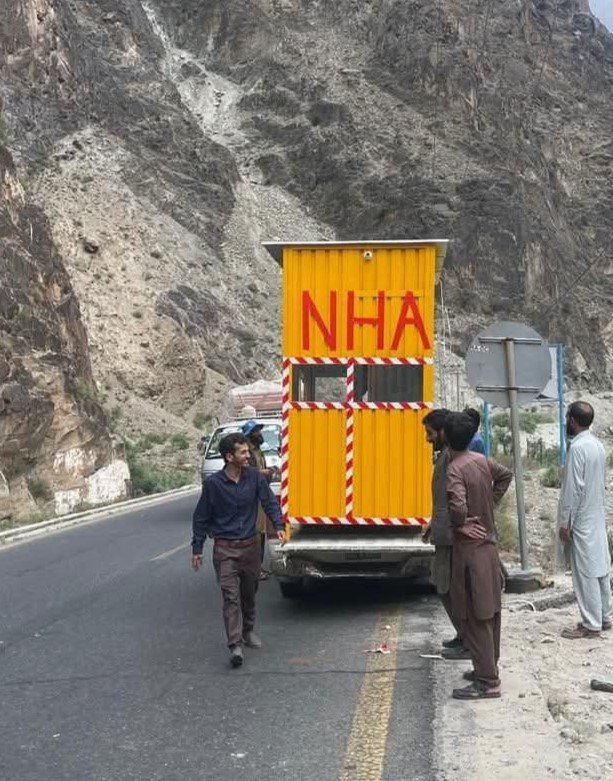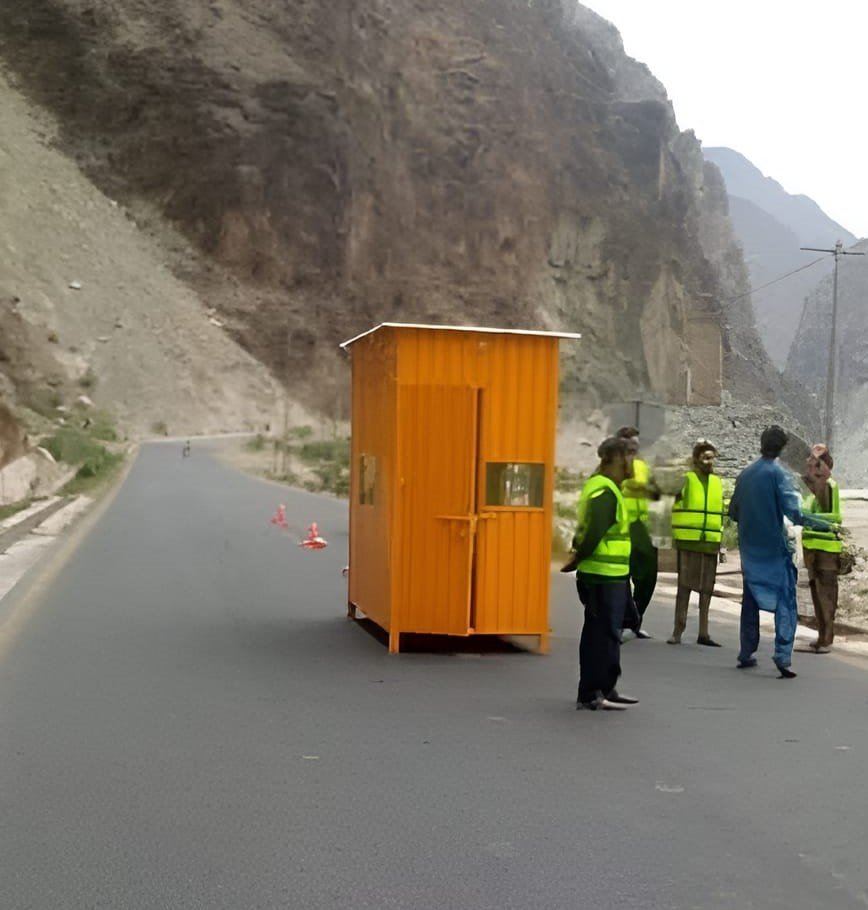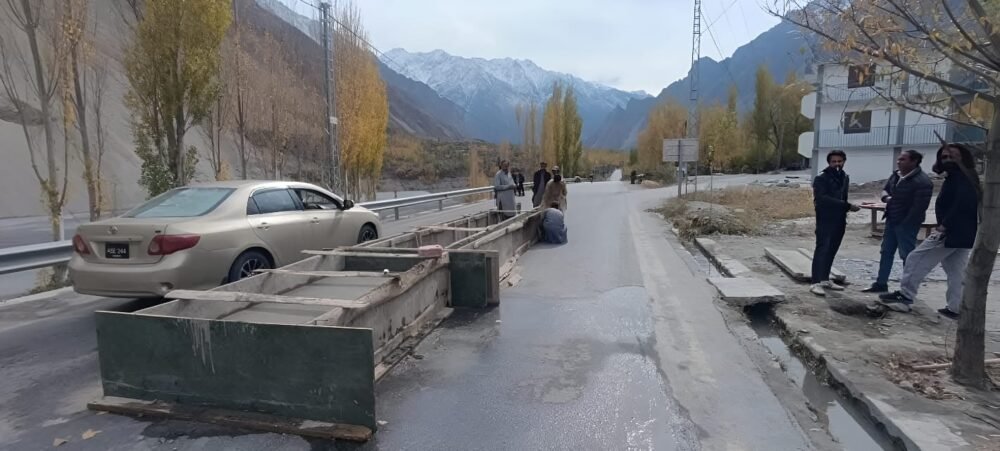Why are Gilgit-Baltistan’s residents pushing back?
by Nadeem Rumi
The recent public outcry against the National Highway Authority’s (NHA) move to install a toll collection system at the entry point of Gilgit-Baltistan’s Nagar district is not merely a localised protest. It reflects a broader and longstanding constitutional and administrative disconnect between the region and the federal authorities governing it. It is a symptom of a deeper systemic discontentment in the disputed region.
A similar public resistance was witnessed in Gulmit, Gojal, Hunza District’s largest sub-divisional headquarter town last year, underscoring a growing resentment over levying of different federal taxes on a region that remains deprived of fundamental democratic and constitutional rightsfor over seven decades.
Gilgit-Baltistan’s ambiguous legal status has long been a point of contention, both domestically and internationally. Although administered by Pakistan, the region exists in a constitutional limbo: it lacks representation in parliament and other constitutional bodies, such as the CCI and NFC, has no access to the superior judiciary, and remains excluded from the country’s formal constitutional framework. This structural marginalisation has tangible consequences.
While the affairs of the region are managed through bureaucracy and federal directives, the residents are excluded from meaningful participation in policymaking and decision-making. In such a context, the introduction of taxes and highway toll raises genuine legitimacy.
The principle of “no taxation without representation” is relevant here. The imposition of tolls without public consultation or institutional recourse appears an exercise in authority without accountability.



In both the Nagar and Gulmit cases the toll collection points were reportedly established by the NHA without prior consultation with local administrative bodies and communities. Public reaction was swift and organised, reflecting the growing awareness of their rights and an increasingly unwillingness to accept policies dictated from Islamabad. These measures are driven not by local needs but by revenue extraction, with little to no reinvestment in the region’s infrastructure or development.
These sentiments are not confined to isolated protests. The Awami Action Committee Gilgit-Baltistan (AACGB) — a coalition of half a dozen progressive and nationalist parties, traders and civil society groups — has made this issue central to its charter of demands, linking toll collection, federal taxation, and resource control to the broader question of constitutional rights. The committee argues that imposing financial burdens without political rights amounts to systemic disenfranchisement and economic exploitation.
There is also an international dimension. Pakistan at global forums, including the UN, has consistently portrayed Gilgit-Baltistan as part of the Jammu and Kashmir dispute. This position has served as a rationale for withholding full constitutional status from the region. Yet, when it comes to resource extraction, toll collection, and regulatory control, the region is treated as fully subordinate to the federal structure.
This contradiction is further highlighted by a recent ruling of the Gilgit-Baltistan Chief Court, which barred the Federal Board of Revenue (FBR) and Customs authorities from collecting income tax, sales tax, and other duties at the Sost Dry Port, the primary trade gateway with China via the Khunjerav Pass. The court held that such taxation lacked legal basis in a territory that remains outside Pakistan’s constitutional domain. Despite this, reports of continued collection of duties triggered protests and highway blockades by local traders, reinforcing the broader sense of grievance.
At the same time, GB’s own Excise and Taxation Department operates under significant limitations. Unlike its counterparts in other provinces of Pakistan, the department does not collect property tax, professional tax, or other major levies. Its mandate is restricted primarily to motor vehicle registration and token fees. This too is a direct consequence of the region’s unsettled constitutional status, which deprives it of both fiscal and legislative autonomy.
Such contradictions are not sustainable. As long as the region remains outside the constitutional mainstream, attempts to extend federal financial instruments, such as tolls, taxes, or fees are likely to be met with resistance.
There is a need for a review of how the state engages with peripheral regions, particularly those with unresolved legal status. The issues are not merely economic. They are political and constitutional. The absence of legal clarity and participatory governance mechanisms fuels perceptions of disenfranchisement.
If the state insists on collecting tolls, it must first address the fundamental inequity at the heart of this conflict: the people of Gilgit-Baltistan cannot remain taxpayers in practice while being treated as second-class citizens in principle.

Nadeem Rumi has obtained Master’s degree in sociology. He is a political and environmental activist writing essays on political, social and environmental issues with special focuss on grassroots persective. https://x.com/NadeemRumi

The High Asia Herald is a member of High Asia Media Group — a window to High Asia and Central Asia
